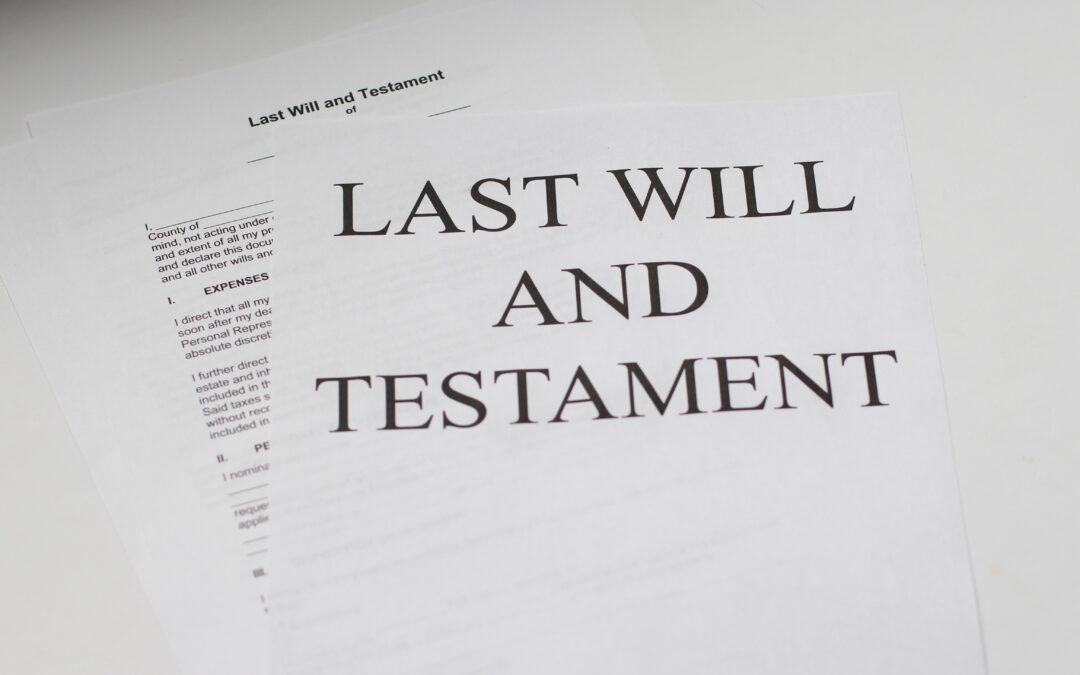The Executor of Estate in California takes over for a person upon their passing. They assume many responsibilities of the deceased individual.
Tasks Performed By Estate Executors in California
As you sit down to write your will, you most likely know to whom you want to leave your home and other assets. However, there is one vital aspect of the estate planning process that you may not have thought about: Who to name as your executor.
Before making such a decision, it is worth taking a moment to learn a little more about the principal duties of an executor. Fortunately, the legal team at the Semanchik Law Group has put together a handy list:
Control and Manage the Estate’s Assets
When an individual passes away, the first thing their executor must do is take control of and maintain their assets. Doing so typically means:
- Retitling all assets
- Securing assets against theft
- Insuring real estate
- Liquidating high-risk investments, and
- Placing cash in interest-bearing accounts
These processes can sometimes be a little complicated. Executors who are not financially savvy may need help from a San Diego family lawyer.
Appraise the Estate’s Assets
Once the executor takes control of the estate’s assets, they have to get them appraised. The state of California does not allow them to perform a self-evaluation. Instead, they must use a court-appointed appraiser.
When the evaluator finishes their work, they submit a report to the court, which then sends a copy to all interested parties. This process gives each person a full accounting of the estate’s assets and helps to minimize the likelihood of disagreements.
Notify Creditors About the Death
In the state of California, executors have a legal duty to identify all of the deceased party’s potential creditors and notify them about the death.
The law does not force them to complete this task before a specific date. However, in most cases, it makes sense to do so as soon as possible since family members cannot receive their inheritance until after creditors have had a chance to collect on their debts.
The process of identifying and notifying creditors can be quite arduous and time-consuming. As such, many executors choose to have a skilled California estate planning attorney help them get through it.
Prepare the Estate for Distribution
One of the last things an executor has to do before closing the estate is preparing it for distribution. In most cases, this process involves selling real estate, automobiles, jewelry, and other high-value items.
Going through this step allows beneficiaries to receive cash when the estate closes, rather than fractional ownership of a house or car they do not want.
A California Estate Planning Attorney You Can Count On
Do you need a San Diego estate planning lawyer to help you better understand the duties of the Estate Executor in California? Perhaps you need assistance with the process of selecting the right person for you? If so, you are in the right place. The attorneys at Semanchik Law Group have been helping Californians write their wills and draft estate plans for years – and we would be happy to do the same for you. Reach out to us today at (619) 535-1811 or send us a message online to set up a free consultation with a member of our team.


